The ASEAN Business & Technology Forum (ABTF) 2025 takes place in a context where the region is being impacted by geopolitical competition, energy transition and new technology waves. Faced with rapid changes in the digital economy and artificial intelligence, ASEAN is expected to find common directions to maintain sustainable growth and adaptability.

In his opening remarks, Professor Robert McClelland, Head of RMIT Vietnam Business School, said: “RMIT’s 2031 strategy ‘Turning knowledge into action’ demonstrates our determination to become a leading university of influence in the Asia- Pacific . Building on our strengths in technology, smart cities and regional collaboration, we work with governments and businesses to deliver real results, enhance competitiveness and promote shared prosperity.”
Attending the forum, former Vietnamese Ambassador to the United States Pham Quang Vinh also emphasized Vietnam's leading role in the integration process: "Vietnam wishes to cooperate with ASEAN countries and the Asia-Pacific region to establish long-term priorities from digital economy, green trade to regional connectivity. This is an opportunity for ASEAN to strengthen the foundation for inclusive, sustainable and adaptive development."
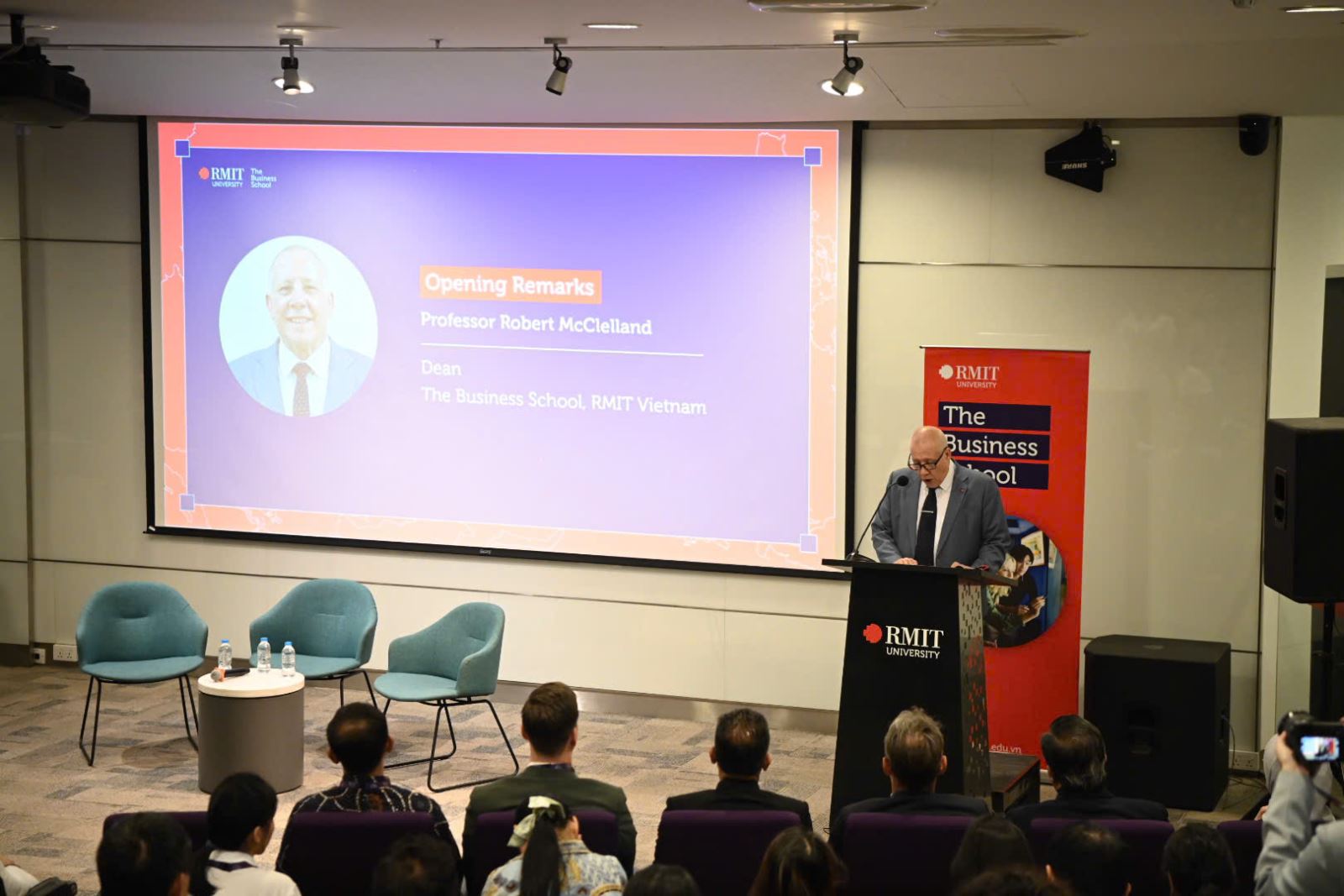
At the plenary session, speakers who were former ambassadors and leading policy experts from ASEAN and Australia focused on pressing issues such as supply chain restructuring, connectivity standards and talent mobility policies in the context of automation and AI.
Former Australian Ambassador to Vietnam Andrew Goledzinowski said: “Connectivity is not just about trade, it is about people and skills. If we can make the mechanisms for recognition of qualifications and the movement of talent more transparent, ASEAN will have a more competitive advantage in the digital age.”
The parallel discussions of ABTF 2025 also clarified three development pillars that ASEAN needs to agree on before APEC 2027. Specifically, experts proposed promoting intra-bloc trade, building sustainable transport corridors and new visa policies to encourage capital flows and high-quality labor in the region.
Regarding the digital economy, speakers from Amazon Web Services, the National University of Singapore and Austrade analyzed the implementation of the ASEAN Digital Economy Framework Agreement, while emphasizing the need to expand digital infrastructure and apply AI in public administration.
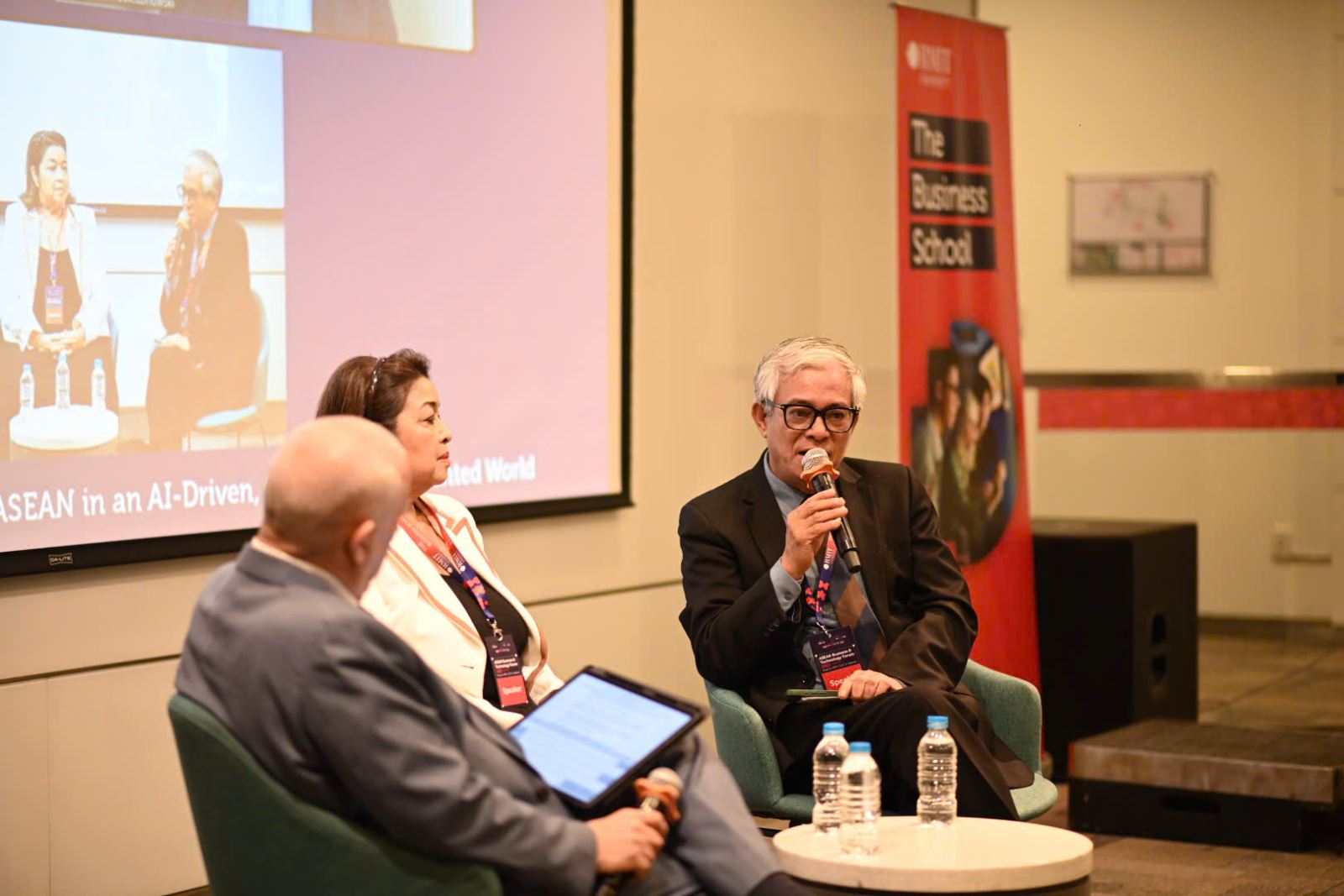
In the green transition pillar, representatives of research institutes and energy startups proposed green finance models, investments in renewable energy and development of electric vehicle corridors, with practical examples from Vietnam, Singapore and Indonesia.
Professor Nguyen Quang Trung, Acting Deputy Dean of Cooperation and External Relations, RMIT Vietnam Business School, said: “ABTF 2025 is not only a place for dialogue but also a forum for action. We connect government - business - academia to identify priorities and feasible solutions for ASEAN, making practical contributions to the APEC 2027 roadmap in Vietnam.”
Within the framework of the program, the organizing committee announced the plan to compile a bilingual publication “Phu Quoc 2027 ASEAN Business Priorities Brief”, synthesizing economic and technological policy recommendations, aiming to provide a reference source for planners and the business community on the journey towards APEC 2027.
Source: https://baotintuc.vn/kinh-te/abtf-2025-dinh-hinh-uu-tien-cho-nam-apec-2027-tai-viet-nam-20251024164558188.htm


![[Photo] President Luong Cuong chaired the welcoming ceremony and held talks with United Nations Secretary-General Antonio Guterres](https://vphoto.vietnam.vn/thumb/1200x675/vietnam/resource/IMAGE/2025/10/24/1761304699186_ndo_br_1-jpg.webp)

![[Photo] Prime Minister Pham Minh Chinh chairs conference on breakthrough solutions for social housing development](https://vphoto.vietnam.vn/thumb/1200x675/vietnam/resource/IMAGE/2025/10/24/1761294193033_dsc-0146-7834-jpg.webp)
![[Photo] Solemn funeral of former Vice Chairman of the Council of Ministers Tran Phuong](https://vphoto.vietnam.vn/thumb/1200x675/vietnam/resource/IMAGE/2025/10/24/1761295093441_tang-le-tran-phuong-1998-4576-jpg.webp)

![[Photo] Prime Minister Pham Minh Chinh and South African President Matamela Cyril Ramaphosa attend the business forum](https://vphoto.vietnam.vn/thumb/1200x675/vietnam/resource/IMAGE/2025/10/24/1761302295638_dsc-0409-jpg.webp)
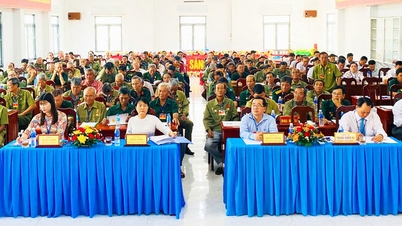

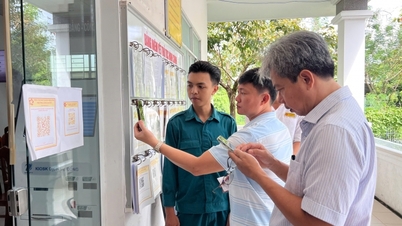
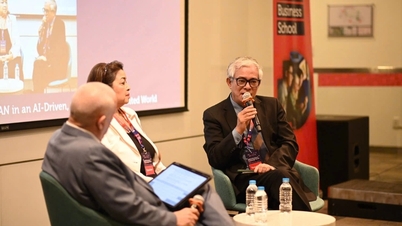

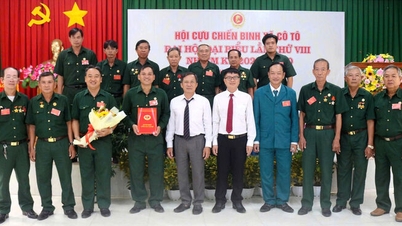
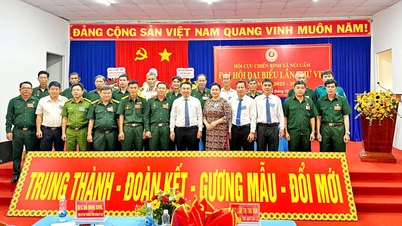
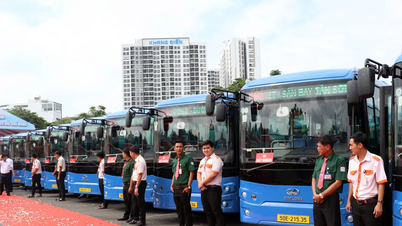



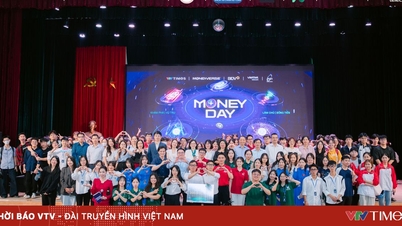


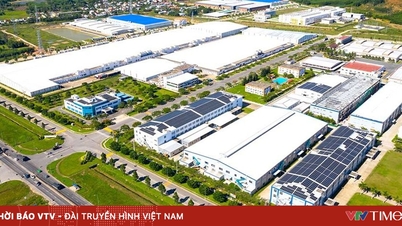
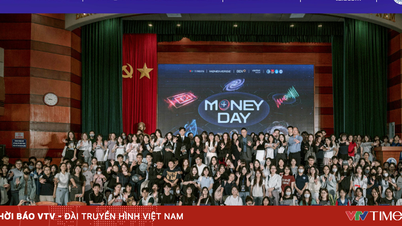





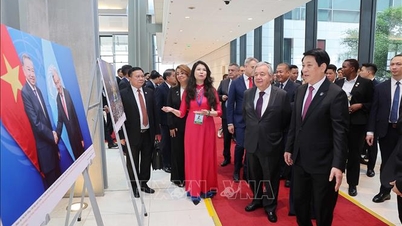

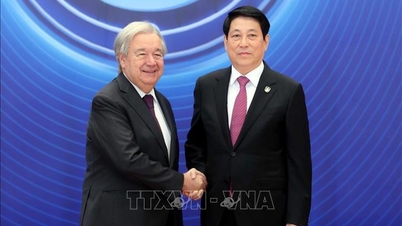
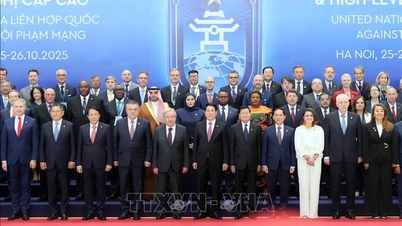
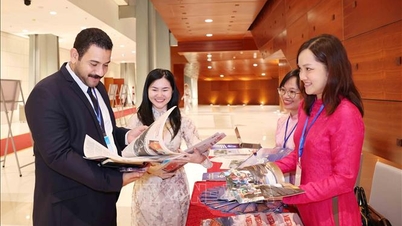







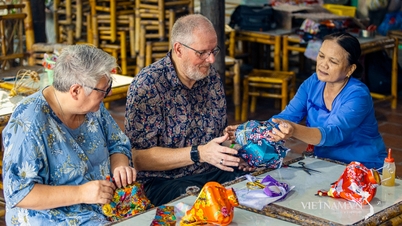

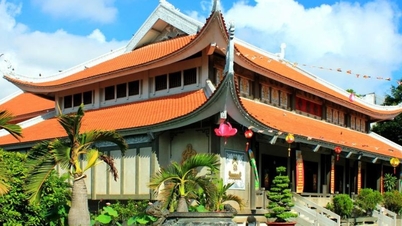



























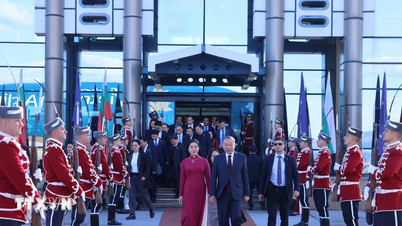
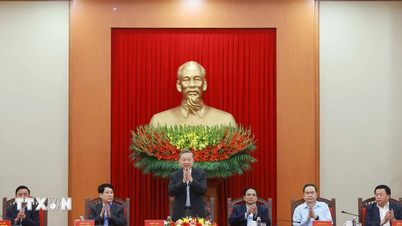
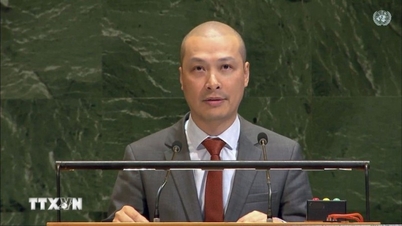
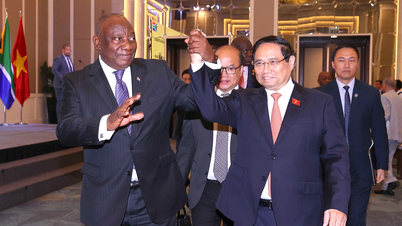
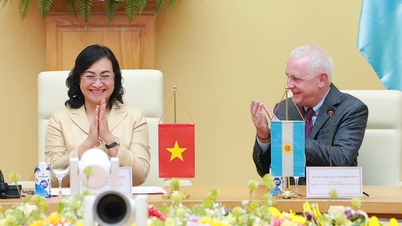


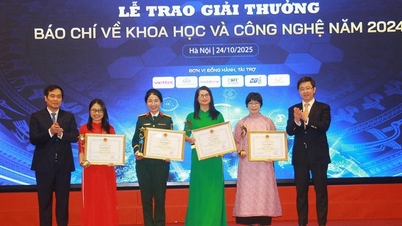

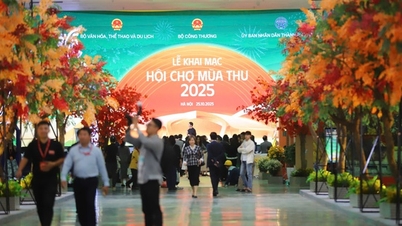
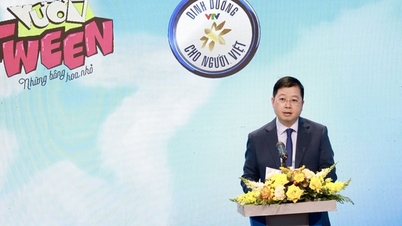
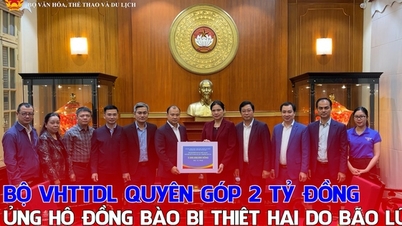
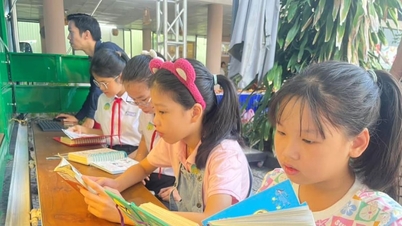

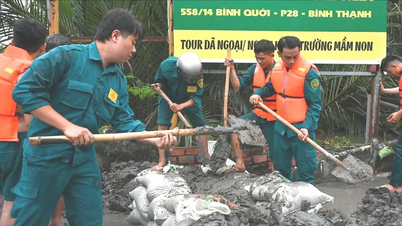



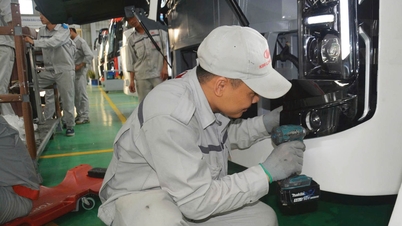

















Comment (0)